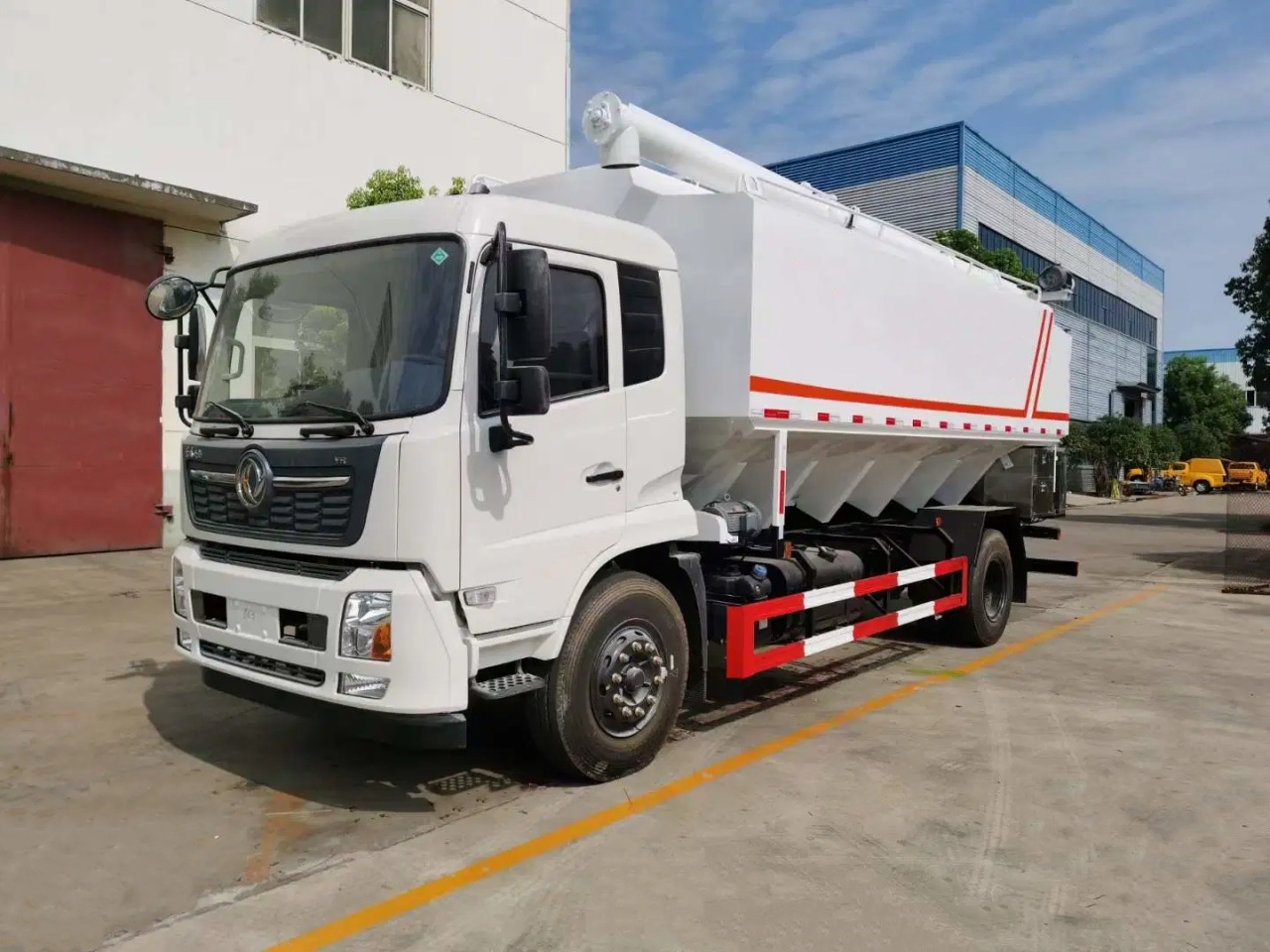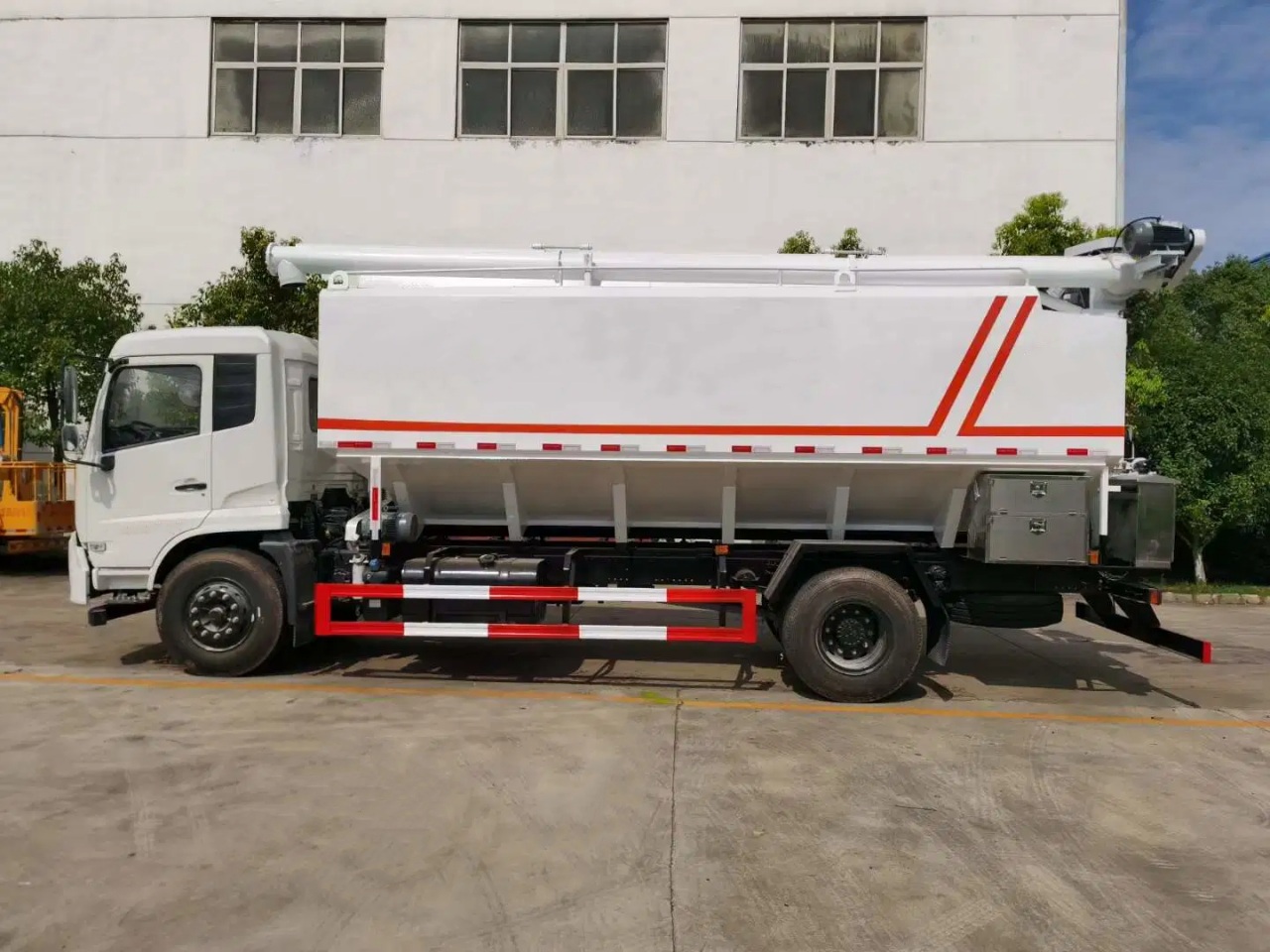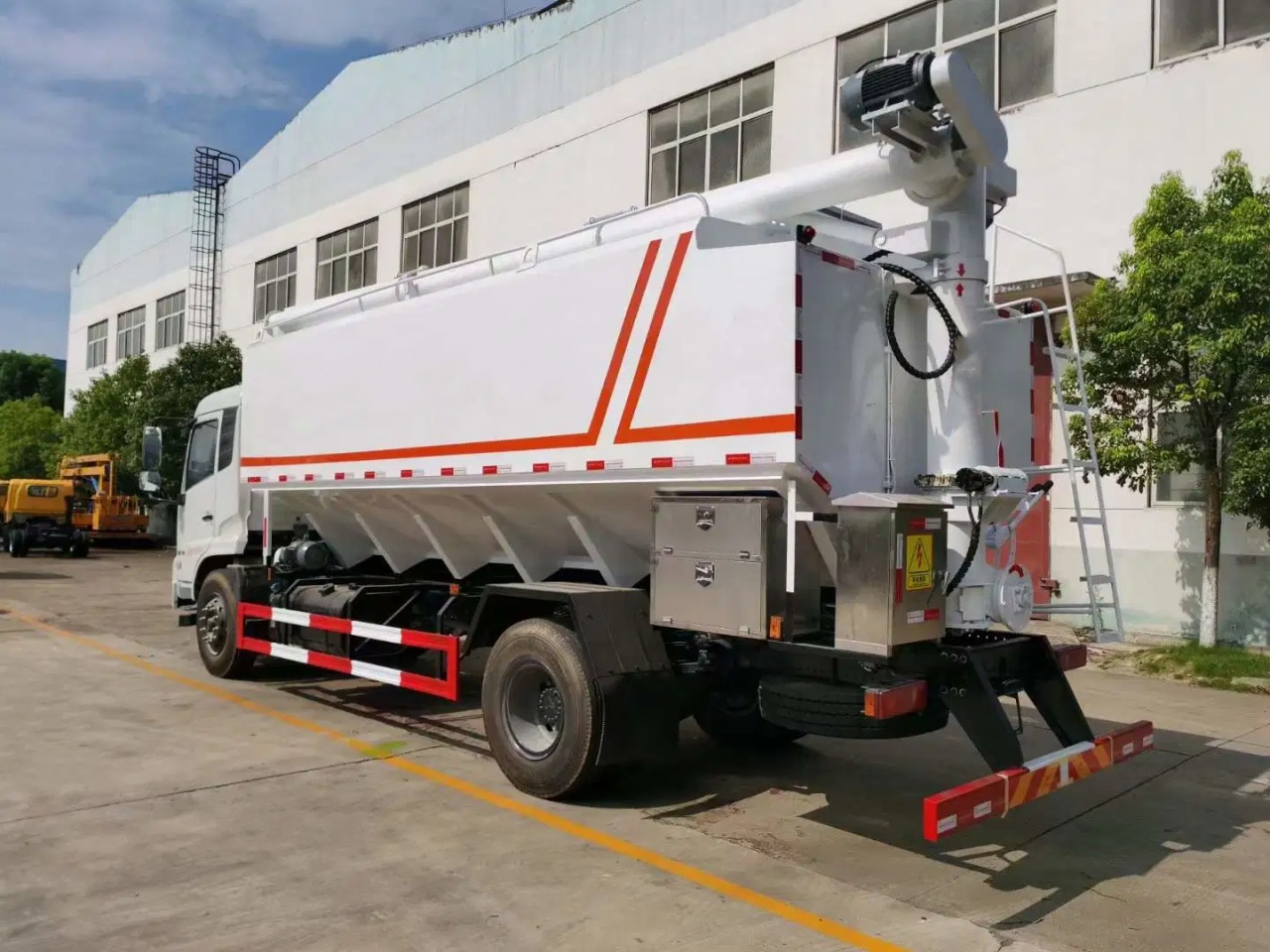Introduction
In the world of commercial transportation and logistics, efficiency is key. One of the most important vehicle types designed for transporting large quantities of goods is the bulk truck. These specialized vehicles play a critical role in industries such as construction, agriculture, and chemicals by ensuring the safe and efficient transport of bulk materials. This article will explore the definition, types, uses, and advantages of bulk trucks, providing a comprehensive understanding of their importance in modern industry.
Definition of a Bulk Truck
A bulk truck is a type of heavy-duty vehicle designed to transport large volumes of unpackaged goods in bulk quantities. Unlike standard freight trucks that carry goods in pallets or containers, bulk trucks are equipped with specialized tanks, hoppers, or compartments tailored to handle specific materials. These trucks are commonly used for transporting dry bulk goods like cement, grain, and sand, as well as liquid bulk such as fuel and chemicals.

Types of Bulk Trucks
Bulk trucks come in various forms, each designed for a specific type of cargo. Below are the most common types of bulk trucks:
1. Dry Bulk Trucks
Dry bulk trucks are used to transport granular or powdered materials. These trucks often have pressurized tanks or hopper compartments that allow for easy unloading through pneumatic systems or gravity-fed mechanisms. Common materials transported by dry bulk trucks include:
- Cement
- Flour
- Sugar
- Sand
- Fertilizers
2. Liquid Bulk Trucks
Liquid bulk trucks are designed to carry large quantities of liquids in specially constructed tanks. These trucks are further divided into various subcategories based on the type of liquid they transport:
- Fuel Tankers – Used for transporting gasoline, diesel, and other petroleum products.
- Milk Trucks – Equipped with insulated tanks to maintain the freshness of dairy products.
- Chemical Tankers – Designed with corrosion-resistant materials to handle hazardous or non-hazardous chemicals.
3. Pneumatic Bulk Trucks
These trucks use a pneumatic (air pressure) system to unload finely powdered or granulated materials. The compressed air system allows materials like cement, flour, and plastic pellets to be efficiently discharged into silos or storage tanks.
4. LPG Bulk Trucks
LPG (liquefied petroleum gas) bulk trucks transport gases like propane and butane in pressurized tanks. These vehicles are built to meet stringent safety regulations due to the volatile nature of their cargo.
5. Corrosive Tank Trucks
These are specialized bulk trucks designed to carry highly corrosive materials such as acids and other hazardous chemicals. They feature tanks made from stainless steel, lined steel, or fiberglass-reinforced plastic to prevent corrosion and ensure safe transport.
Uses of Bulk Trucks
Bulk trucks serve a wide range of industries, contributing to economic growth and industrial development. Some key industries that rely on bulk trucks include:
1. Construction Industry
Bulk trucks are essential for transporting raw materials such as cement, sand, gravel, and asphalt to construction sites. Without these trucks, large-scale infrastructure projects would face significant logistical challenges.
2. Agriculture Industry
Farmers depend on bulk trucks to transport agricultural products like grain, animal feed, and fertilizers. The efficiency of bulk trucks ensures that food products reach processing plants and markets promptly.
3. Chemical Industry
The chemical industry requires bulk trucks to transport both hazardous and non-hazardous materials. Specialized chemical tankers ensure the safe transport of chemicals used in manufacturing, pharmaceuticals, and other industrial processes.
4. Fuel and Energy Sector
Fuel tankers play a vital role in distributing petroleum products, ensuring a steady supply of gasoline, diesel, and LPG to gas stations and industries. The energy sector also relies on bulk trucks to transport coal, oil, and natural gas.
5. Food and Beverage Industry
Bulk trucks are used to transport liquid food products like milk, vegetable oil, and juices, as well as dry goods such as sugar, flour, and grains. These trucks help maintain food safety standards by ensuring minimal contamination during transport.

Advantages of Bulk Trucks
Bulk trucks offer several advantages that make them indispensable in the logistics and transportation industry:
1. Cost Efficiency
By transporting large quantities of goods in a single trip, bulk trucks reduce overall transportation costs. This efficiency is especially beneficial for businesses that need to move vast amounts of raw materials regularly.
2. Reduced Packaging Needs
Since bulk trucks transport unpackaged goods, they eliminate the need for individual packaging, reducing material costs and environmental waste.
3. Enhanced Safety
Bulk trucks, especially those designed for hazardous materials, are built with safety features such as reinforced tanks, pressure relief valves, and spill containment systems. This reduces the risk of accidents and environmental contamination.
4. Faster Unloading
Many bulk trucks are equipped with pneumatic systems or gravity-fed unloading mechanisms, allowing for quick and efficient discharge of materials. This speeds up delivery times and improves supply chain efficiency.
5. Specialized Designs
Bulk trucks are designed to cater to specific materials, ensuring safe and optimized transport. For example, insulated tanks for milk trucks help maintain product quality, while chemical tankers are built with corrosion-resistant materials.
Challenges of Bulk Truck Transportation
Despite their numerous advantages, bulk trucks also face certain challenges:
1. High Initial Investment
Bulk trucks are specialized vehicles that require a significant initial investment. The cost of purchasing and maintaining these trucks can be high, particularly for small businesses.
2. Regulatory Compliance
Transporting certain bulk materials, especially hazardous chemicals and fuels, requires adherence to strict regulations. Companies must ensure that their trucks meet safety and environmental standards.
3. Loading and Unloading Complexity
While bulk trucks offer efficient unloading mechanisms, loading certain materials can be complex and time-consuming, requiring specialized equipment and trained personnel.
4. Potential Contamination Risks
In industries like food and chemicals, cross-contamination can be a concern if trucks are not properly cleaned between loads. Regular maintenance and stringent hygiene protocols are necessary to mitigate this risk.

Conclusion
Bulk trucks are a crucial part of modern logistics, enabling the efficient transport of large quantities of materials across various industries. From dry bulk trucks that move cement and grains to liquid bulk trucks that carry fuel and chemicals, these specialized vehicles help streamline supply chains and reduce transportation costs. While there are challenges associated with bulk truck operations, advancements in technology and safety standards continue to enhance their efficiency and reliability. As industries grow and demand for bulk transportation increases, bulk trucks will remain an essential asset in global trade and commerce.

